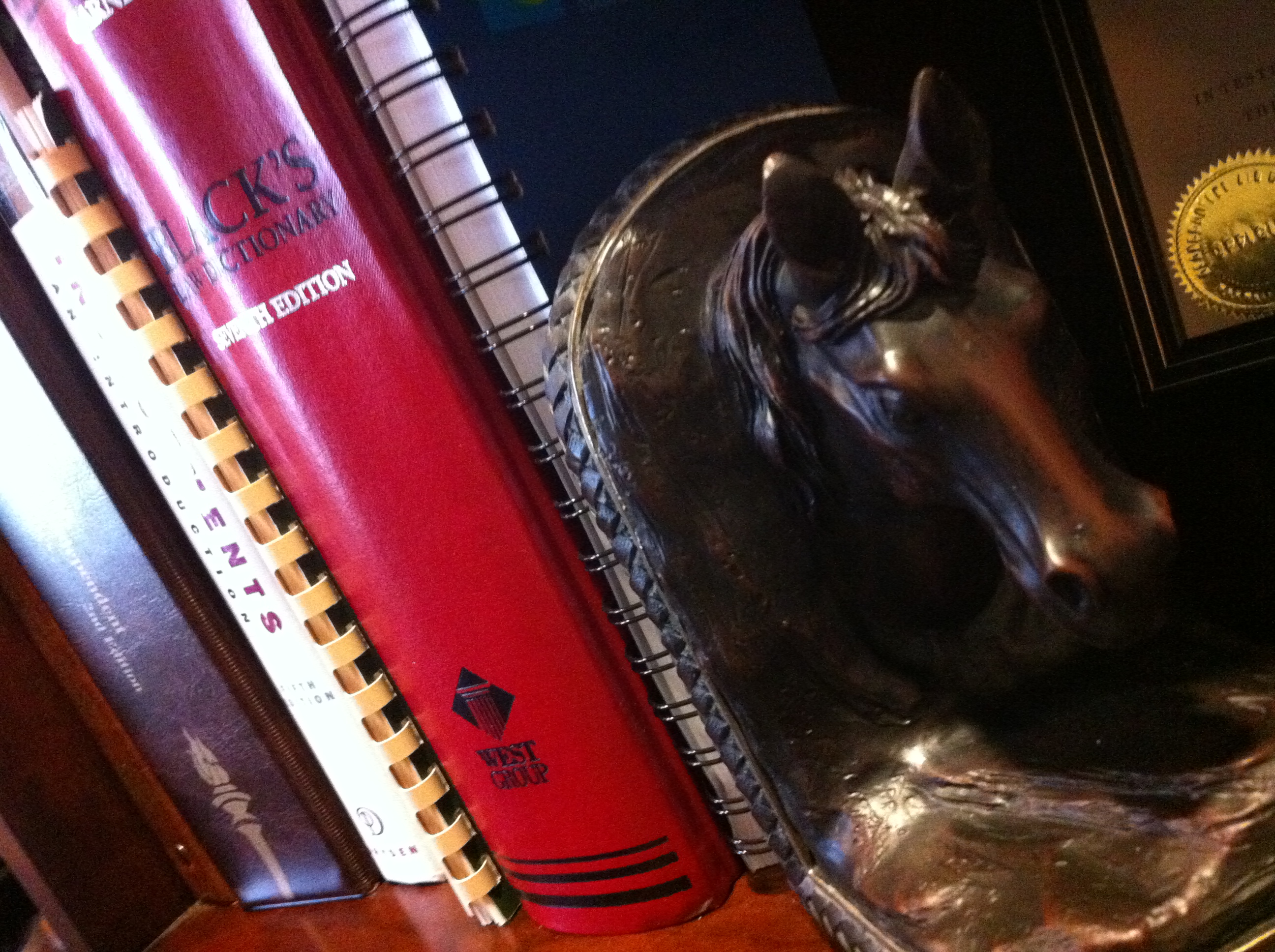
This short rant on the use of the apostrophe was from Volume 1 of Distinct Impressions (ca. 1998). Despite my lonely campaign to correct usage everywhere, the reign of terror of these four horsemen continues.
Okay, I admit it. I really like words. Not necessarily big, long, fancy words. I also like the short, to-the-point words.
I also like inventions of writers and linguists through the ages that allow us to use fewer words. (Except, of course, when I’m charging extreme remuneration for the preparation of legal documents on legal paper. Then it pays to stretch things out. After all, you wouldn’t want the transaction to be null and void and without force and effect, would you?)
One of the greatest inventions was the apostrophe. This little mark has two intended uses. The first is to designate possession. What could be simpler? Rather than saying, “That book belongs to George,” we can say, “That is George’s book.” We’ve saved a whole word and 6 letters.
The second application is in contractions. I’ve already used contractions twice, oops, three times on this page. Very handy.
Sadly, apostrophes are abused. They are misplaced. They are left out. (You know this might be a great made-for-TV movie.)
I’d like to address four of the greatest travesties in apostrophedom.
The First Horseman
How do you create a possessive when a noun ends in “s”? It might be proper to simply add an apostrophe-S, but it can sure look funny. “That is Thomas’s book.” Or “We’ve just entered Eagle Pass’s city limits.” I prefer to simply add an apostrophe. I may not be correct, but I don’t have those slovenly Ss all over the page.
The Second and Third Horsemen
Some people get real confused when dealing with words or words that sound similar when they denote possession or constitute a contraction. My two pet peeves here are “your/you’re” and “its/it’s.” These are constantly being confused. I see mistakes in commercial advertising, in newspaper headlines and in countless personal letters.
Where have we gone wrong in our school systems that we can’t teach our kids the proper utilization of these simple words? And, more importantly, why didn’t Bill Gates build his spell-checker where it knows the difference? (Not surprisingly, my iPhone does seem to know the difference.) I believe it’s (notice the correct usage) a conspiracy to undermine our society to the point that we can’t communicate at all.
The Fourth Horseman
I have to admit that all I really wanted to complain about was this last one. But then in the middle of church the other day (sorry, Preacher Mike) I came up with this snappy title and I had to dredge up three other apostrophe problems. So, make sure you read the next few paragraphs.
In the South, our ancestors found it necessary to create a word-phrase that would be group inclusive. The fusion of two three-letter words captured the feeling.
You all.
(Historic side-note: the folks up North were jealous and immediately came up with “you guys.” This, in fact, was the beginning of the gender equity problem that still plagues us today. If only one of those Yankees had had the foresight to offer “you persons.”)
An emerging problem with “you all” is the seeming disregard the phrase is given in the written form. The two words were meant to be spoken with a drawl and pronounced as “yawl.” True contractionists (not to be confused with the liberal decontractionists) easily translated the phrase to “y’all.”
But alas, this beloved term has been badly scarred. Everywhere you turn, you now see “ya’ll.”
Frankly, I’m devastated. It’s NOT “ya all.”
This could lead to a complete adulteration of other parts of the English language. And if you think this is only a regional problem, think about this. “Y’guys” is almost understandable, except when delivered in a Bronx accent. But “Yg’uys” could be mistaken for Latvian village trash talk.
Where is our pride in our mother tongue, y’all?
